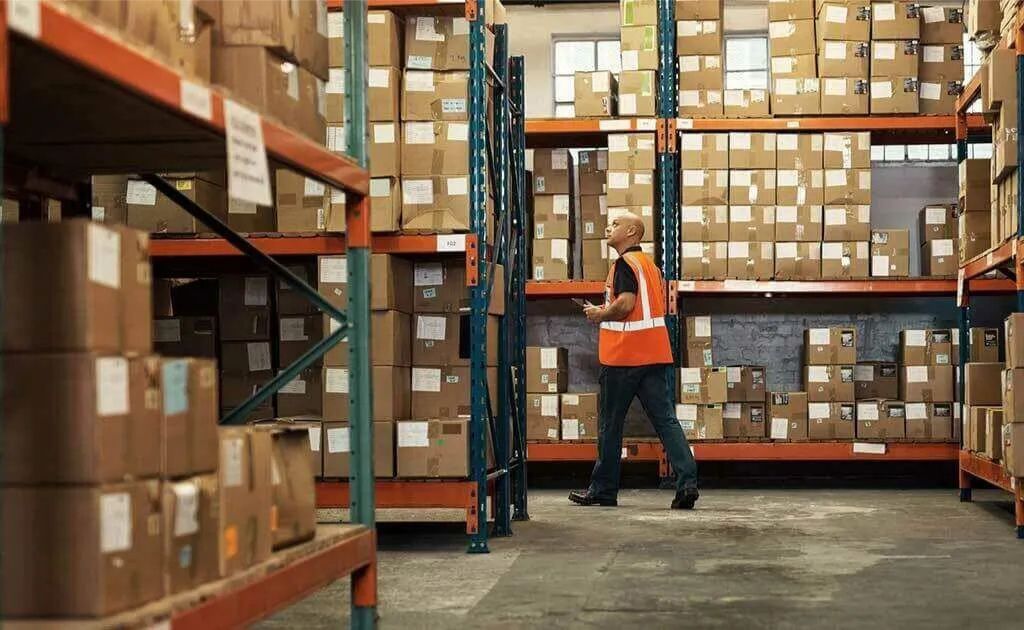In today’s fast-paced business world, wholesale distributors play an integral role in the supply chain. From helping small retailers stock their stores to supplying large businesses with bulk orders, distributors are the unsung heroes of commerce. But what exactly is a Distributor. How do they work, and why are they important? In this article, we will explore the ins and outs of wholesale distributors, their role in the supply chain, and how to choose the right one for your business.
What is a Wholesale Distributor?
A wholesale distributor is an intermediary in the supply chain that purchases goods in bulk from manufacturers or suppliers and sells them in smaller quantities to retailers, other businesses, or even end consumers. Unlike direct sales or retail businesses, wholesale distributors typically sell products at a discounted rate because they buy in large volumes, passing the savings along to their customers.
The wholesale distributor’s role is crucial in bridging the gap between manufacturers and retailers. Without distributors, manufacturers would have to deal directly with thousands of small retailers, which would be inefficient and costly. Distributors simplify this process by buying large quantities of products and distributing them to the retail market.
Key Functions of Wholesale Distributors
- Purchasing Goods in Bulk
Wholesale distributors buy goods in large quantities from manufacturers or suppliers. The bulk purchasing allows them to negotiate lower prices and secure better terms with manufacturers, which is one of the main reasons they can offer products at discounted rates to their customers. - Storage and Warehousing
One of the key functions of wholesale distributors is maintaining large warehouses where products are stored before being sold. These warehouses help in managing inventory efficiently and ensuring that there is a steady supply of goods available for sale. It also allows businesses to manage seasonal inventory and prepare for high-demand periods. - Product Delivery and Distribution
Distributors manage the logistics of getting goods from their warehouses to retailers or businesses. This includes organizing transportation, ensuring timely deliveries, and dealing with any customs or import/export issues if products are coming from overseas. - Marketing and Sales Support
Wholesale distributors often provide marketing materials, sales support, and product training to retailers. They help businesses sell the products effectively by offering promotional materials or training on how to sell the products to customers. - Customer Service and Returns
Wholesale distributors are also responsible for handling customer service inquiries, including returns or exchanges. They help ensure that any issues with products are dealt with promptly, offering support and guidance to the retailers they supply. - Financing and Credit
Many distributors offer financing options or extended credit terms to retailers, allowing them to buy goods on credit. This helps small businesses manage their cash flow, as they can sell products before paying for them.
Types of Wholesale Distributors
Wholesale Distributors can be broadly categorized into several types based on the products they deal with and the way they manage the distribution process. These categories include:
- Merchant Wholesalers
These are the most common type of distributors. Merchant wholesalers purchase goods in bulk from manufacturers and sell them to retailers or other businesses. They own the products and manage the entire distribution process. - Agent Wholesalers
Unlike merchant wholesalers, agent wholesalers do not own the products they sell. Instead, they act as intermediaries between the manufacturer and the retailer. They earn a commission for facilitating sales between the two parties but do not carry the risk of owning inventory. - Brokers
Brokers are similar to agent wholesalers in that they connect buyers and sellers, but they typically handle smaller transactions and work with a broader range of products. They earn commissions based on the value of the deals they broker. - Drop Shippers
Drop shipping is a fulfillment method where the distributor doesn’t keep products in stock. Instead, when a retailer makes a sale, the distributor ships the product directly to the customer. This type of distributor eliminates the need for inventory storage but may offer lower profit margins for retailers. - Wholesale Manufacturers
Some manufacturers choose to sell directly to retailers through a wholesale model. These wholesalers are often more specialized and may offer exclusive products or private-label goods to their customers.
Advantages of Using Wholesale Distributors
- Cost Savings
Buying products in bulk allows businesses to purchase goods at a lower price, which can lead to significant savings. This is especially important for small retailers who may not have the buying power of larger stores. Wholesale distributors offer an affordable way for smaller businesses to access a wide range of products at discounted prices. - Access to a Wide Range of Products
Wholesale distributors often offer a variety of products from different manufacturers, giving retailers a broader selection to choose from. Retailers can stock multiple brands and product categories, all from a single distributor, which simplifies the supply chain and reduces sourcing complexity. - Reduced Risk
By working with a wholesale distributor, businesses can reduce their financial risk. They don’t need to worry about holding large amounts of inventory or managing the logistics of product shipping. Instead, they rely on the distributor to handle these tasks, allowing them to focus on other areas of their business. - Supply Chain Efficiency
Distributors streamline the supply chain by handling the bulk purchasing, storage, and delivery of goods. This allows retailers to focus on sales and customer service, while the distributor takes care of inventory management and logistics. - Financial Flexibility
Wholesale distributors often offer flexible payment terms, such as net 30, 60, or 90-day terms, allowing retailers to pay for products after they’ve sold them. This can improve cash flow for businesses, enabling them to reinvest profits into other areas of their operations.
How to Choose the Right Wholesale Distributor for Your Business
Selecting the right Bj Wholesale distributor can be a game-changer for your business. Here are some key factors to consider when choosing a distributor:
- Product Range
Ensure that the distributor offers the products you need to run your business. A good distributor should have a wide variety of products that suit your customer base and complement your offerings. - Reliability and Reputation
The reliability of your distributor is crucial. Choose a distributor with a good track record of delivering products on time, handling returns efficiently, and offering customer support. Check reviews and ask other businesses for recommendations. - Pricing and Terms
Compare the prices and payment terms offered by different distributors. Look for one that offers competitive prices and favorable credit terms, which can help your business manage its cash flow. - Shipping and Logistics
Consider the distributor’s shipping and delivery options. Do they offer fast and reliable shipping services? How do they handle returns? Make sure that the distributor can meet your shipping requirements, especially if you have tight timelines or special delivery needs. - Customer Support
Good customer support is essential when working with a wholesale distributor. Choose one that offers responsive support to address any questions, issues, or product concerns. - Location
If you are operating a local business, choose a distributor that is geographically close to you. This can help reduce shipping costs and lead times.
The Role of Technology in Wholesale Distribution
In today’s digital age, technology plays a significant role in the wholesale distribution industry. Many distributors have adopted online platforms that allow businesses to easily browse products, place orders, and track shipments. Automation tools help streamline inventory management, making it easier for businesses to monitor stock levels and predict future needs. Additionally, some distributors use digital marketing and data analytics to better serve their customers and improve their sales strategies.
Conclusion
Wholesale distributors are essential players in the global supply chain, helping businesses of all sizes access the products they need at competitive prices. By offering bulk purchasing, storage, delivery, and customer support, distributors simplify the procurement process for retailers, reducing the complexities of inventory management and logistics. Whether you’re a small business or a large corporation, partnering with the right wholesale distributor can drive efficiency, cost savings, and growth for your business.
If you are a retailer, choosing the right Wholesale extracts flavorfrenzy distributor is crucial for ensuring the success and smooth operation of your business. By considering factors such as product range, reliability, pricing, and shipping logistics, you can find a distributor that aligns with your business needs and helps you thrive in a competitive marketplace.



